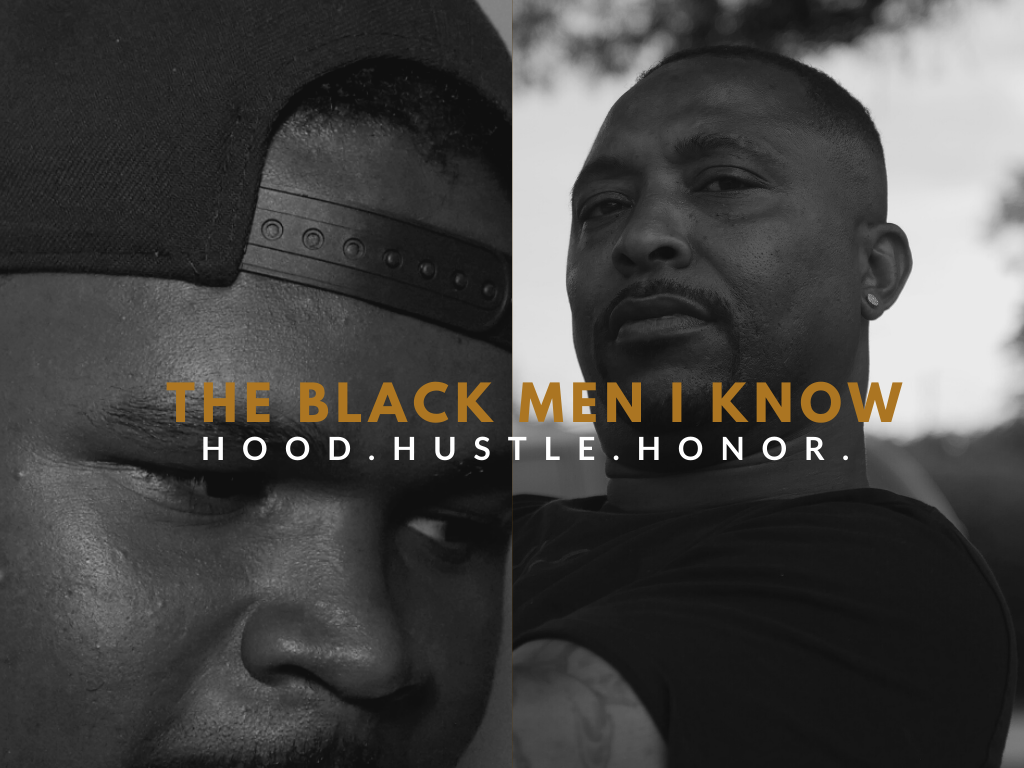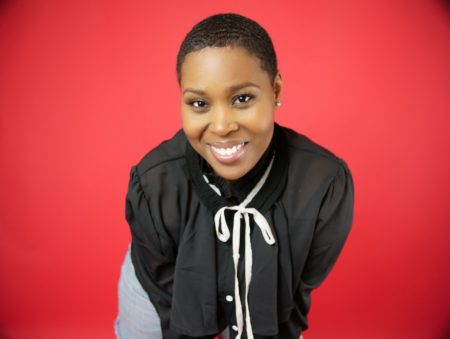Past Resident
Zaire Love

Zaire Love is a multidisciplinary artist, filmmaker, and speaker whose work is a quest to honor and amplify the stories of the Black South through creative storytelling, documentary, and music. Zaire earned a BA in Drama from Spelman College, M.Ed from Houston Baptist University, and is currently pursuing an MFA in Documentary Expression at the University of Mississippi [Class of 2020].
“Whew, chile! I’m making creative cornbread meant to nourish, honor, and amplify the souls of black folks in the South.”
 Q&A with Zaire Love (from Crosstown Arts newsletter, June 11, 2020)
Q&A with Zaire Love (from Crosstown Arts newsletter, June 11, 2020)
Memphis-based artist Zaire Love — music maker, filmmaker, writer, TEDx speaker, and entrepreneur — was a Crosstown Arts resident artist in the Spring 2020 session, which wrapped up this past May.
Zaire Love’s work is an ode to being Black and southern in America, because the Black South has always had meaningful “cornbread” to share. She calls her work “cornbread” because every southerner and/or Black person in America knows that cornbread is at the cornerstone of soul, nourishment, and powerful memories that transcend into stories. Her mission is to honor and amplify the stories and voices of the Black South through multiple storytelling mediums, including music, film, television, and theatre.
Love is a graduate of Spelman College, where she earned a BA in drama. Love earned an M.Ed. in Curriculum and Instruction at Houston Baptist University, and she earned her MFA in Documentary Expression in May of 2020 from the University of Mississippi.
Zaire talked to Crosstown Arts registrar Jesse Butcher about her recent film, The Black Men I Know, her TEDx Talk, and upcoming projects.
Jesse Butcher: I watched the trailer for your most recent film, The Black Men I Know. It is magnificent, and I cannot wait for the opportunity to view it in its entirety. The content needs urgent attention. How did you formulate the best way to deliver the message?
Zaire Love: For the first year of my MFA program, I focused on Black women, and my plan was to focus my films on Black men for my second year. I already had the idea for The Black Men I Know, but after the murder of Nipsey Hussle in March of 2019, I was motivated to make the film my thesis and spend more time on it. These two men [featured in the film] are my family members, and they’ve known violence, incarceration, and hustle. However, the genesis of it all was the murder of my Uncle Jaybird, which is how I got to the understanding that grief brings many Black men to decisions that could change the trajectory of their lives because of systematic oppression and hyper-masculine ideologies pushed upon them since boyhood. The Black Men I Know begins to explore that.
It was difficult to deliver the message in a powerful way that also flowed, because there were so many directions this film could go. I finally landed on creating this film in chapters where we deal with things like grief, anger, and redemption to name a few. This film is personal, and we all know the personal is political and is a shared experience amongst the community. We’re seeing that now in the media and news cycle.
Jesse: I understand you are also working on a feature-length film and a short film right now. On top of that, you have started the WODOPE project. That is a notable trajectory straight out of a graduate program. Can you tell us about these projects?
Zaire: The short film that I’m currently working on is Slice. Slice explores how Rico Golden and his homeboys from Memphis dealt with the pain of summers by submerging themselves in a swimming art form of athleticism, creativity, and joy called “slicing.” I’m in the research and development stage, and I hope to start production in July.
The feature-length documentary is in the idea stage, and it will explore shame, Blackness, and southernness. I haven’t gotten to the research and development stage, but I am excited to start working on it. My goal is to start production in early 2021.
WODOPE is a movement and company I started in 2018 that creates a community for women of color around journaling, planning, message apparel, and sisterhood. We hosted monthly meet-ups that were centered around certain topics, and we had real and honest conversations and breakthroughs. I had to put it on hold after six successful months, because I moved to Mississippi to pursue my MFA in Documentary Expression. I’m currently working on journals and planners for 2021 and rebooting the movement because the world and women of color need it. I need it!
Jesse: How did you prepare for your TEDx talk? That is an amazing accomplishment.
Zaire: Thank you! I wanted to talk about the unique ability for southern Black women to embrace what society says is unworthy and make it something desired and admired. With this understanding, I wanted others to be able to hone that power, inspired by two Black southern women, Beyoncé and Fannie Lou Hamer.
I watched interviews and read transcripts of both women. I came up with some points of inspiration and motivation that were unique to their identities and that could inspire those who hear the talk. From there, I took a day or two to memorize it, and I got on stage and delivered it to an audience in Oxford, Mississippi.
Jesse: If you could recommend one record, one book, and one film that everyone should consume this summer, what would they be?
Here are my recommendations. [I chose] the record and book(s) because they’re inspirational and give insight on the Black experience in the South. I chose the film because it’s my favorite film, and most will need the summer to watch it.
Record: Higher by Nipsey Hussle, John Legend, and DJ Khaled
Book: Heavy by Kiese Laymon and Men We Reaped by Jesmyn Ward
Film: The Sound of Music
Thank you so much for taking your time to speak with me Zaire. Your passion and approach to storytelling is inspired. We eagerly anticipate seeing these works.
